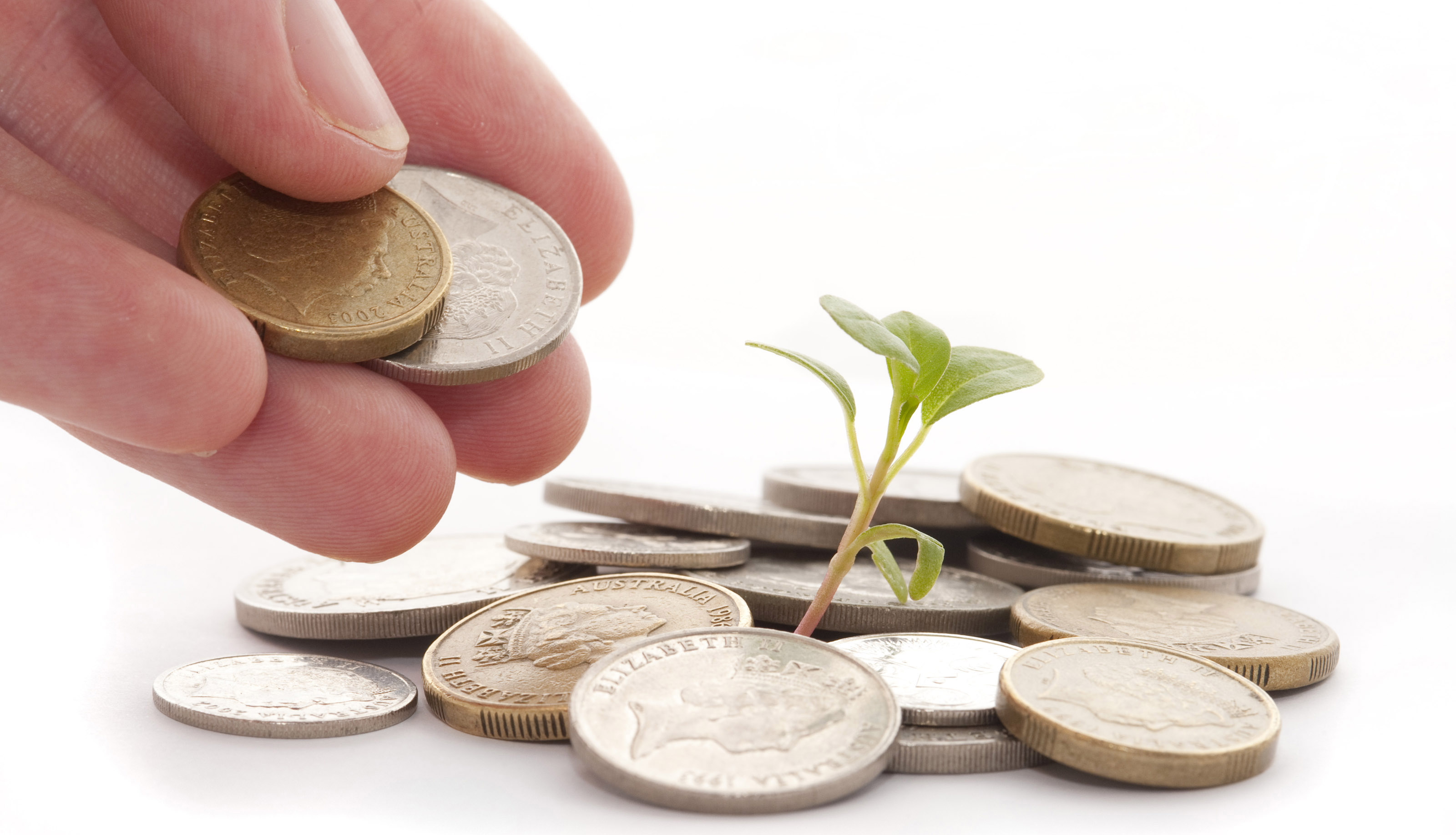The term Zakat, often literally means “purification “. It refers to the compulsory alms that each Muslim pays according to the rules of solidarity within the Muslim community. The third pillar of Islam (after the attestation of faith and prayer), the Zakat is indeed an obligation for every Muslim with a minimum wealth. Allah ﷻ instituted the obligation in the Quran.
Zakat is the opposite of interest
The effects in the future life of the interest and alms described by the Qur’an are reversed compared to those observed for the present life. In the present life, alms make the value of capital diminish while the interests make it increase. While in the future life, the capital constituted by Riba is reduced to 0 while the capital constituted by alms is multiplied.
The types of Zakat
Zakat Al Fitr: paid on the occasion of the feast of rupture marking the end of the fast of the month of Ramadan.
Zakat Al Mel: Charity applied to the wealth held by Muslims in order to purify it.
The conditions of Zakat
Islam: Zakat is not obligatory for a non-Muslim, but it will have to pay it after its entry into Islam and after a lunar year if the conditions of the zakat are fulfilled.
Ownership: the full owner of the property must pay it. So there is no Zakat on goods that are not completely possessed, such as money acquired through debt.
The flow of a lunar year in possession of the taxable property: from the hadith of Aisha (may Allah ﷻ be pleased with her) narrated by Ibn Majah: “No zakat on the property for which a year is s is not gone.”
The attainment of the zakat: The person must have at least the equivalent of 85 grams of gold or 595 grams of silver in the past year to be taxable Zakat.
The management of Zakat
Zakat money is spent on eight people, as stated in the Qur’an. Alms or zakat Muslim charity are for the poor, for the needy, for those who are in charge of collecting these gifts and for distributing them to those whose hearts are to be won, to the redemption of captives, to insolvent debts, to those who are devoted to the cause of ALLAH and to poor travelers.
The beneficiaries of Zakat
- Poor people
- The needy
- Collection staff
- Those whose hearts are to be won
- The freeing of slaves
- The indebted
- The committed ones in the cause of God
- The travelers
The goods submitted to Zakat
There are three common forms of estimating goods subject to Zakat. Zakat muslim cherity of poor people, who’s don’t have source of income to retain his daily need.
Currencies: Represented by gold, silver, and anything that can be valued by currency such as commodities, mined mines, etc. Zakat’s tax rate on these goods must be 2.5% or one-fortieth of the income. For the buried metals known as “Al Rikaz,” their tax rate is 20%.
Agricultural products: Grains intended for consumption and likely to be preserved, such as wheat, barley, dates, raisins, etc. Zakat is equivalent to 10% of the annual harvest for crops that have the distinction of watering without difficulty through rains, rivers. But if watering requires more human effort and equipment like the machines to extract the water, it is necessary in this case out 5% of the annual harvest.
Herds (camels, cattle, etc.): Their zakat is set at 5 for camels, 30 for cows and 40 for sheep. On the other hand, horses, mules, and donkeys are exempt from Zakat.


